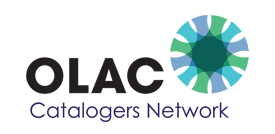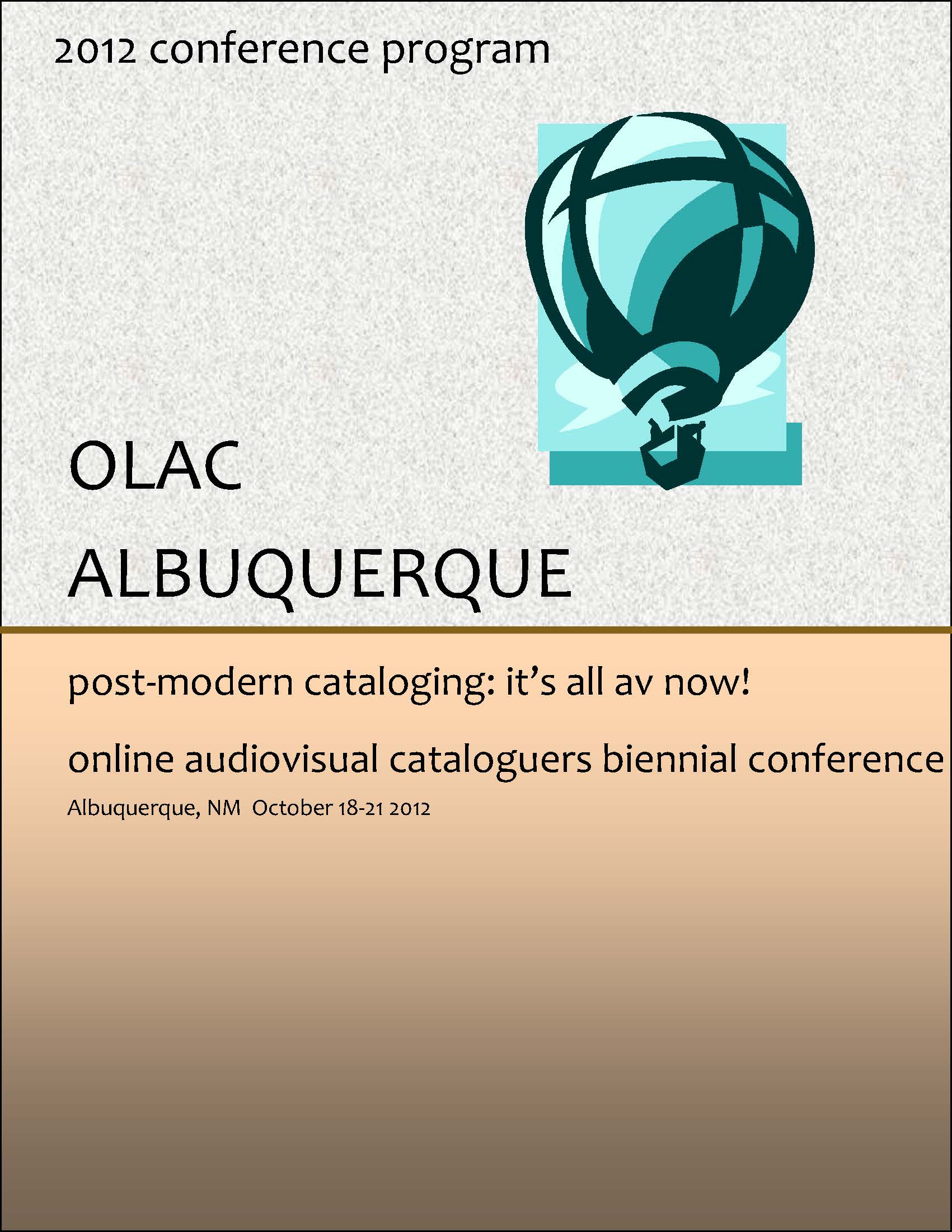Publication Date
10-20-2012
Document Type
Poster
Start Date
20-10-2012 9:00 AM
End Date
20-10-2012 10:00 AM
Description
Nanotechnology has revolutionized computer and communication technologies by offering nanoscale storage devices with much larger memory capacity, faster information transfer and processing speed, higher quality lightweight and energy-efficient displays, new batteries with longer service life, antibacterial coatings on electronic casings, and much more. Nanotechnology-based electronic gadgets, gizmos, and mobile devices and applications became progressively popular around the globe. They fundamentally changed the process of information storage, retrieval and exchange, as well as modified the behavior and expectations of information seekers in academic libraries. Library users expect flexible web content, easy mobile access to wireless data networks and services. Nowadays academic libraries are experiencing significant transformations to achieve the user expectations and to support the information needs of users in digital environment. The author investigates and discusses how the development of nanotechnology products influences that process.
Creative Commons License

This work is licensed under a Creative Commons Attribution 4.0 International License.
Recommended Citation
Stanishevskaya, I. (2012, October 18-21). Going nano: Mobile technologies and academic libraries [Poster presentation]. 2012 OLAC Conference, Albuquerque, NM, United States. https://cornerstone.lib.mnsu.edu/olac-conference/2012/presentations/13/
Going Nano: Mobile Technologies and Academic Libraries
Nanotechnology has revolutionized computer and communication technologies by offering nanoscale storage devices with much larger memory capacity, faster information transfer and processing speed, higher quality lightweight and energy-efficient displays, new batteries with longer service life, antibacterial coatings on electronic casings, and much more. Nanotechnology-based electronic gadgets, gizmos, and mobile devices and applications became progressively popular around the globe. They fundamentally changed the process of information storage, retrieval and exchange, as well as modified the behavior and expectations of information seekers in academic libraries. Library users expect flexible web content, easy mobile access to wireless data networks and services. Nowadays academic libraries are experiencing significant transformations to achieve the user expectations and to support the information needs of users in digital environment. The author investigates and discusses how the development of nanotechnology products influences that process.


